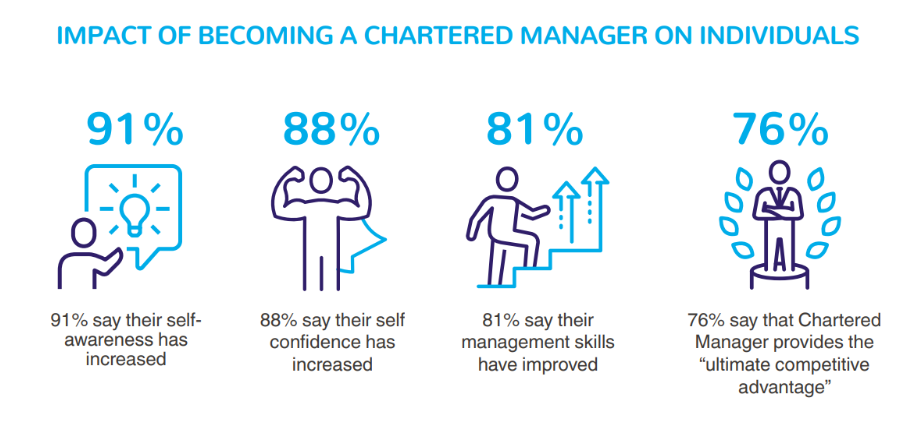In today’s competitive business environment, professionals are constantly seeking ways to enhance their skills and credentials. Two prominent pathways to advance leadership and management careers are the Chartered Manager (CMgr) designation and the traditional Master of Business Administration (MBA) degree. Each option offers unique benefits and caters to different career aspirations and learning preferences. Understanding the distinctions between these two pathways can help you make an informed decision about which route is best suited for your professional growth.
Understanding the Chartered Manager Pathway
The Chartered Manager designation is a professional recognition provided by accredited bodies, such as the Chartered Management Institute (CMI) in the UK. It is specifically designed for practicing managers and leaders who want to demonstrate their commitment to ongoing professional development and excellence in management.

Key Features of the Chartered Manager Pathway:
The CMgr pathway places a strong emphasis on practical experience, focusing on real-world management skills and applications. Candidates are often required to demonstrate their managerial experience, making this route particularly suitable for individuals who have spent time in leadership roles. This practical focus ensures that the skills acquired are directly relevant to the challenges managers face in their careers.
In addition to its emphasis on experience, the Chartered Manager route offers flexible learning options compared to traditional academic programs. Many institutions provide various modes of study, such as online courses and part-time options, enabling professionals to balance their education with work commitments. This adaptability makes it easier for working individuals to pursue their goals without sacrificing their professional responsibilities.
After successfully finishing the WUB Inspire & LEAD Management Program (clickable link to the page), you will earn a distinguished certification endorsed by CMI. Attaining Chartered Manager status represents the pinnacle of achievement in the fields of management and leadership and is a significant milestone that validates an individual’s skills, experience, and dedication to continuous professional development. This recognition not only enhances one’s credibility but also serves as a valuable investment in career advancement. Moreover, the CMgr designation fosters peer networking and support, allowing professionals to connect with others in the field and engage in shared learning experiences, further enriching their professional journey.
Exploring the Traditional MBA

The traditional MBA program is a postgraduate degree designed to develop a broad understanding of business operations, including finance, marketing, human resources, and strategic management. MBAs are often seen as a pathway to broader career opportunities and higher-level management positions.
Key Features of the Traditional MBA:
The MBA program typically offers a comprehensive curriculum that spans a wide range of topics, providing students with a solid foundation in essential business principles. This diverse coursework allows graduates to acquire knowledge in various business functions, preparing them for a variety of roles in the professional landscape.
In addition to the practical knowledge gained, MBA programs emphasize theoretical frameworks and analytical skills. This focus equips students to tackle complex business challenges effectively and enables them to make informed decisions grounded in sound theories. Such analytical prowess is crucial for navigating the increasingly intricate business environment.
Finally, MBA programs present valuable networking opportunities, often boasting strong alumni networks that can enhance career prospects. These connections can lead to professional relationships that benefit graduates throughout their careers.
Which is Right for You?

Deciding between the Chartered Manager pathway and a traditional MBA depends on several factors, including your career goals, current experience level, and preferred learning style.
- Career Stage: If you’re already in a managerial role and looking to refine your skills and gain professional recognition, the Chartered Manager designation may be the better fit. It’s particularly appealing for individuals who wish to validate their on-the-job experience.
- Time and Financial Considerations: Consider how much time and money you can invest. MBAs often require a significant financial commitment and time dedication, while the CMgr pathway can be more flexible and cost-effective.
- Broader Knowledge Requirements: If you are looking to switch career paths or seek a broader understanding of business management principles, a traditional MBA might be the more appropriate choice. It provides a well-rounded education that can open doors across various industries.

Conclusion
Both the Chartered Manager designation and the traditional MBA offer valuable opportunities for professional development and career advancement. Ultimately, the right choice depends on where you are in your career, what skills you want to acquire, and how you prefer to learn. By carefully evaluating your goals and preferences, you can select the pathway that will best support your professional journey in management.
References:
CMI 2020, Chartered Manager | Membership, CMI.

